Now Reading: 2024 සංචාරක ව්යාපාරය හැඩගස්වන ඉහළම ගමනාන්ත සංචාරක විශේෂඥයින් පුරෝකථනය කරයි
-
01
2024 සංචාරක ව්යාපාරය හැඩගස්වන ඉහළම ගමනාන්ත සංචාරක විශේෂඥයින් පුරෝකථනය කරයි
2024 සංචාරක ව්යාපාරය හැඩගස්වන ඉහළම ගමනාන්ත සංචාරක විශේෂඥයින් පුරෝකථනය කරයි
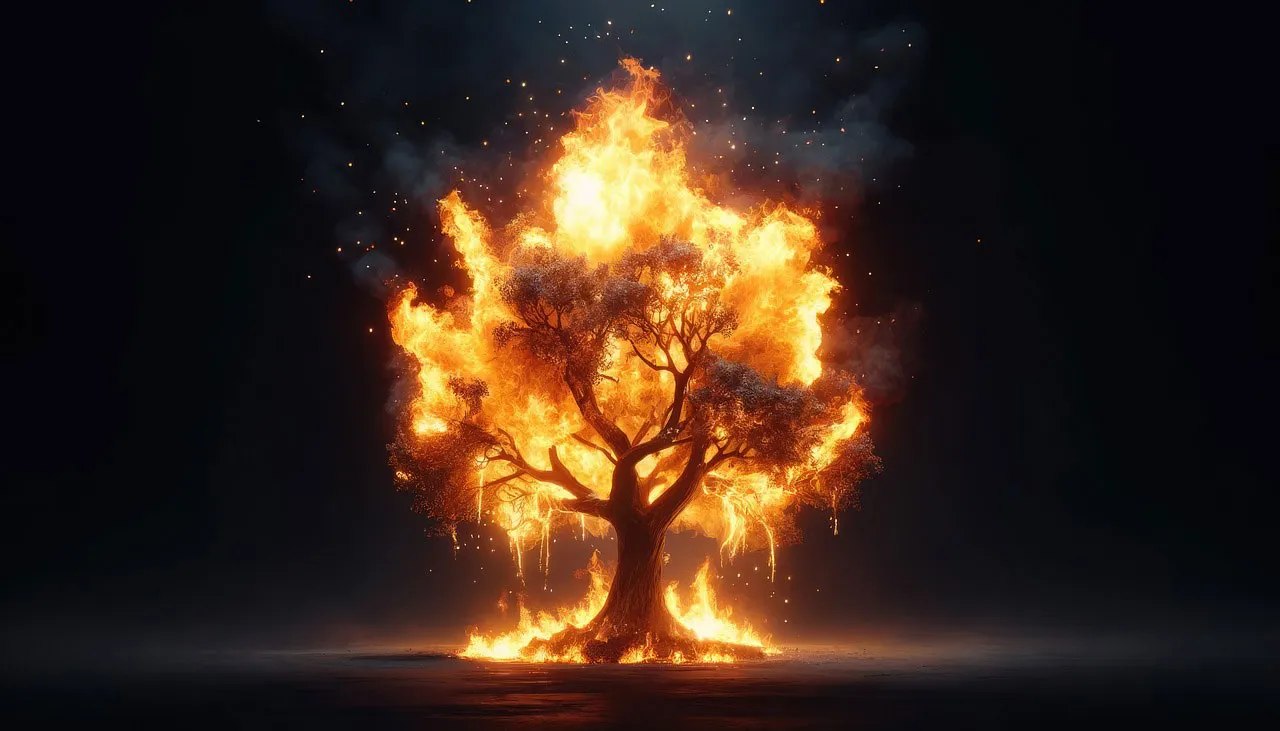
2007 දී, ඇමරිකානු ලේඛක සංසදයේ (WGA) වැඩ වර්ජනය හොලිවුඩය ඇණහිටෙව්වා. තිර රචනය කරන ලද රූපවාහිනී වැඩසටහන් අඳුරු විය, නිෂ්පාදන කාලසටහන් අවුල් ජාලයකට ඇද දමන ලදී, සහ නරඹන්නන්ට දැවැන්ත විනෝදාස්වාද හිස්බවක් ඉතිරි විය. එහෙත්, අර්බුදය මධ්යයේ, එක් ප්රභේදයක් නොනැසී පැවතුණා පමණක් නොව, සමෘද්ධිමත් විය – රියැලිටි ටීවී. තිර රචනය කරන ලද මාලා මගින් ඉතිරි කර ඇති අන්තර්ගත පරතරය පිරවීම සඳහා ජාල පොරකන විට, සර්වයිවර්, බිග් බ්රදර් සහ ද ඇමේසිං රේස් වැනි වැඩසටහන් ජනප්රියතාවයේ වැඩිවීමක් දක්නට ලැබුණි.
2024 දක්වා වේගයෙන් ඉදිරියට යන අතර දේවල් වෙනස් ලෙස පෙනේ. විනෝදාස්වාදයේ අසමසම බලවේගයක් ලෙස කලක් සැලකූ රියැලිටි රූපවාහිනිය අරගල කරන බව පෙනේ. නරඹන්නන් පහත වැටී ඇත, නව ආකෘතීන් අසාර්ථක වෙමින් පවතී, සහ දිගුකාලීන ෆ්රැන්චයිස් ඔවුන්ගේ ගිනි පුපුර නැති කර ගනිමින් සිටී. පෙර වැඩ වර්ජනය අතරතුර සමෘද්ධිමත් වූ ප්රභේදයක් මෙවර අඩපණ වී ඇත්තේ ඇයි?
The Changing Landscape of Entertainment
One of the biggest differences between 2007 and 2024 is the way audiences consume content. In 2007, traditional network television was still king, and reality TV provided an easy-to-produce, unscripted alternative to keep viewers engaged. But in 2024, the entertainment landscape has radically shifted. Streaming services, on-demand content, and social media platforms dominate the scene, offering viewers endless choices beyond what’s available on cable or network TV.
Reality TV Fatigue
Another factor contributing to the decline of reality TV in 2024 is simple burnout. The genre has been oversaturated for years, with countless iterations of talent competitions, dating shows, and survival challenges crowding the airwaves. What once felt fresh and exciting has become formulaic and repetitive. New reality concepts struggle to break through the noise, while older shows like The Bachelor and Keeping Up with the Kardashians have either ended or seen viewership dwindle.
The rise of social media influencers and YouTube personalities has also blurred the lines of “reality” entertainment. Platforms like Instagram and TikTok offer users a more personal, unfiltered view into people’s lives—often with more authenticity than heavily produced reality TV. For a generation raised on short-form, user-generated content.
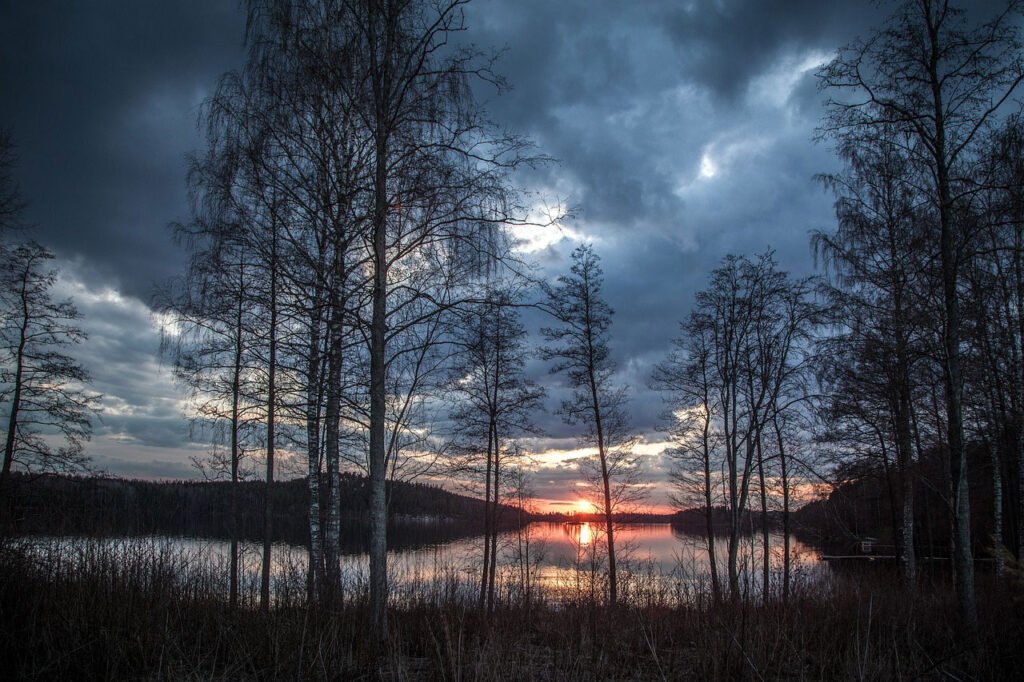
The Rise of Competition: Docuseries and High-Quality Productions
Another genre is also encroaching on reality TV’s space—docuseries. With true crime, investigative documentaries, and high-quality, multi-part series taking center stage, viewers are flocking to well-researched, deeply engaging nonfiction stories. These docuseries often provide more substance than reality TV, with compelling narratives that feel more authentic and educational. Streaming platforms are investing heavily in this content, attracting viewers who might have previously tuned into reality TV for an entertaining escape.
Ironically, the ongoing 2024 writers strike may have hurt reality TV more than it helped this time around. While it once provided an opportunity for unscripted content to dominate, today’s strike has caused uncertainty across the entire entertainment industry. Even though reality TV is unscripted, many of these shows rely heavily on behind-the-scenes writing teams for story shaping, post-production edits, and narrative development. With production delays and fewer resources, the quality of reality programming has suffered.
In addition, networks and streaming platforms are less dependent on traditional reality content to fill gaps, thanks to their vast libraries of on-demand content and international shows, which can be quickly dubbed or subtitled.
Reality TV isn’t dead—it’s evolving. While the traditional model is hurting, we may see a new era of innovation within the genre. Producers will need to get more creative, offering new formats, interactive elements, or integrating technology like virtual reality to engage audiences. Shorter, punchier series designed for streaming platforms or new niche reality shows could help revive interest.
Ultimately, reality TV’s struggles in 2024 reflect broader changes in how we consume entertainment. The genre that once thrived during a content drought in 2007 is now facing stiff competition from a wide array of engaging, on-demand alternatives. To survive, reality TV will have to adapt to this new digital-first landscape.
Viewers now expect more curated, higher-quality content than ever before. Streaming giants like Netflix, Amazon Prime, and Disney+ offer highly produced series with cinematic storytelling, making traditional reality TV look cheap by comparison. Furthermore, streaming platforms have dipped into the reality genre themselves, but with more focused, niche offerings like The Circle or Love Is Blind. These shows cater to specific audiences and thrive on the binge-watching format, leaving older reality shows struggling to maintain weekly viewer engagement.
Perhaps one of the biggest shifts impacting reality TV is the rise of social media and influencer culture. Platforms like TikTok, Instagram, and YouTube offer a more authentic and unfiltered look into people’s lives than traditional reality shows. Influencers, with their real-time interactions and behind-the-scenes content, have become the new reality stars. The constant flow of content from influencers feels more personal and less produced, which resonates with today’s audiences.
Reality TV’s original appeal came from offering viewers a peek behind the curtain of real life. But in 2024, social media has democratized this concept. Now, anyone with a smartphone can share their life, making it harder for reality TV shows to maintain the same level of intrigue.
People ignore design that ignores people. Good design is all about making other designers feel like idiots because that idea wasn’t theirs. Design is the conscious effort to impose a meaningful order.
Andrew Bennett
Furthermore, streaming platforms have dipped into the reality genre themselves, but with more focused, niche offerings like The Circle or Love Is Blind. These shows cater to specific audiences and thrive on the binge-watching format, leaving older reality shows struggling to maintain weekly viewer engagement.
Platforms like TikTok, Instagram, and YouTube offer a more authentic and unfiltered look into people’s lives than traditional reality shows. Influencers, with their real-time interactions and behind-the-scenes content, have become the new reality stars. The constant flow of content from influencers feels more personal and less produced, which resonates with today’s audiences.
Reality TV’s original appeal came from offering viewers a peek behind the curtain of real life. But in 2024, social media has democratized this concept. Now, anyone with a smartphone can share their life, making it harder for reality TV shows to maintain the same level of intrigue.
The Impact of the 2024 Writers Strike
Ironically, the ongoing 2024 writers strike may have hurt reality TV more than it helped this time around. While it once provided an opportunity for unscripted content to dominate, today’s strike has caused uncertainty across the entire entertainment industry. Even though reality TV is unscripted, many of these shows rely heavily on behind-the-scenes writing teams for story shaping, post-production edits, and narrative development. With production delays and fewer resources, the quality of reality programming has suffered.
Unlike 2007, when reality TV became a go-to solution for content-hungry networks, today’s television executives have more options. Streaming platforms, vast libraries of pre-existing content, and the ability to pull in international series have reduced the reliance on hastily produced reality shows to fill programming gaps. The 2024 strike has affected reality TV’s ecosystem in ways that weren’t as pronounced during the 2007 strike, leaving the genre exposed.

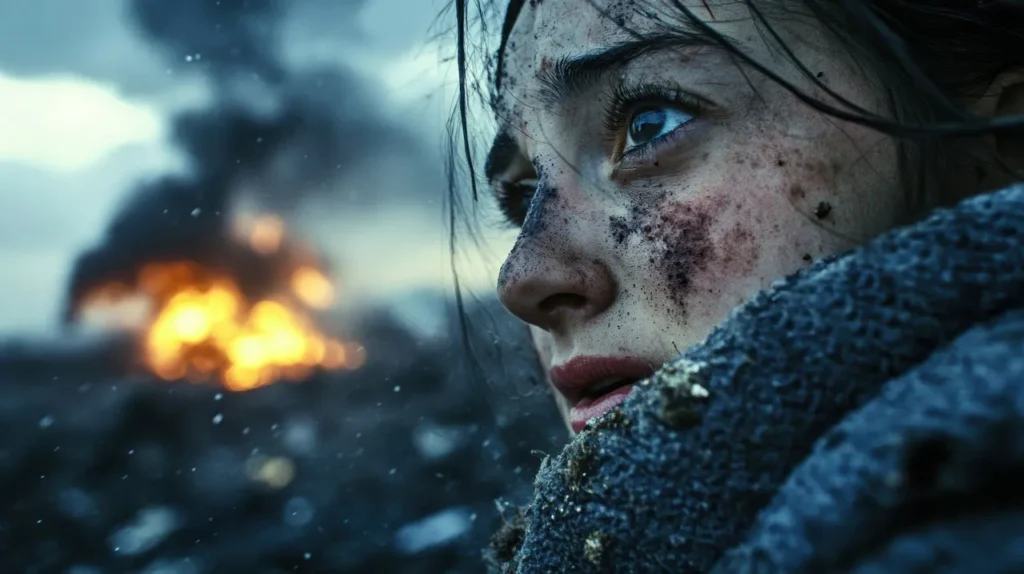
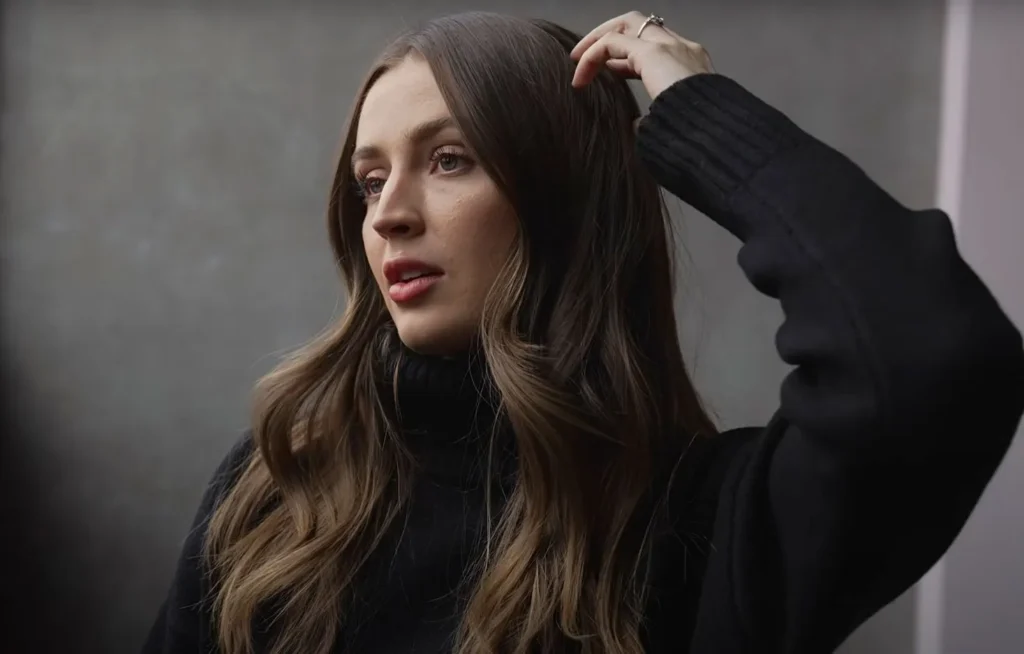
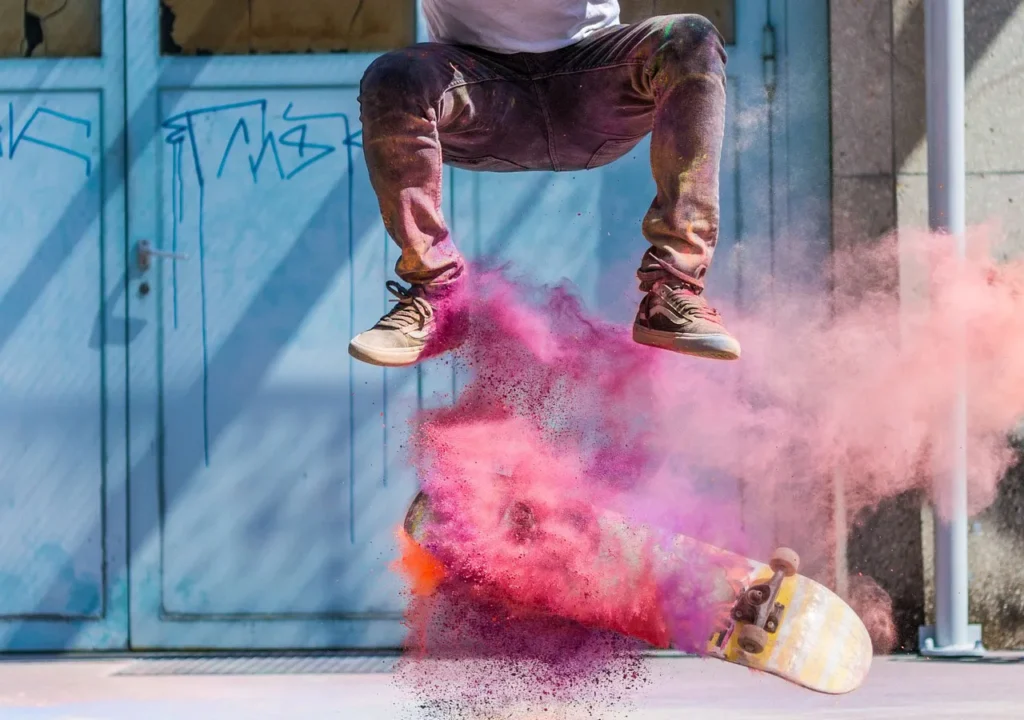










Saanu
Good
Sl people
Oh really
Saanu
Good